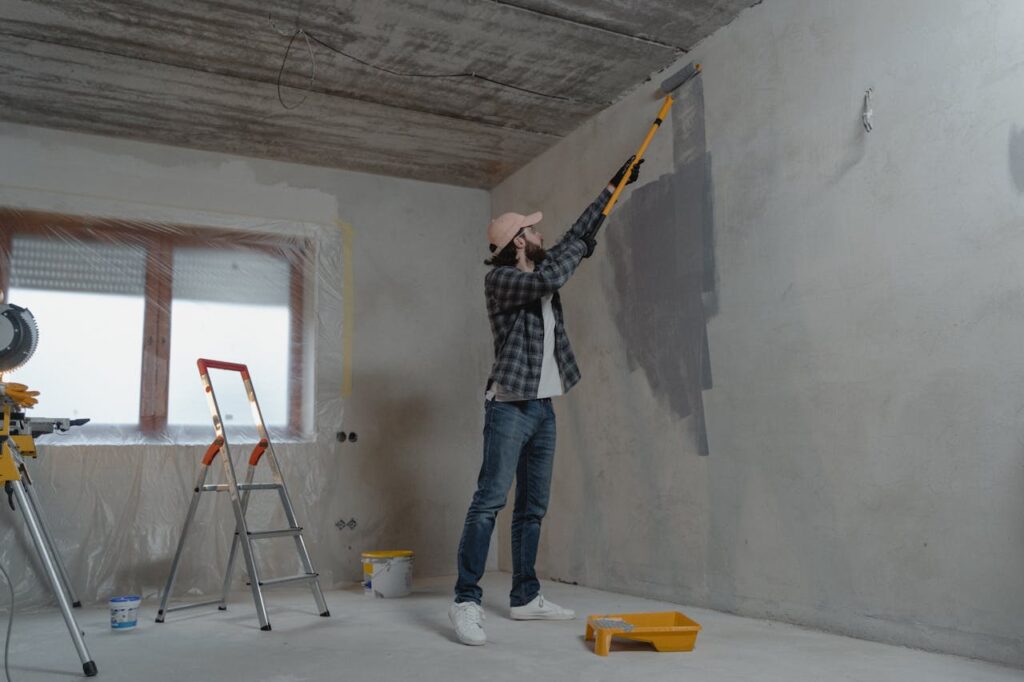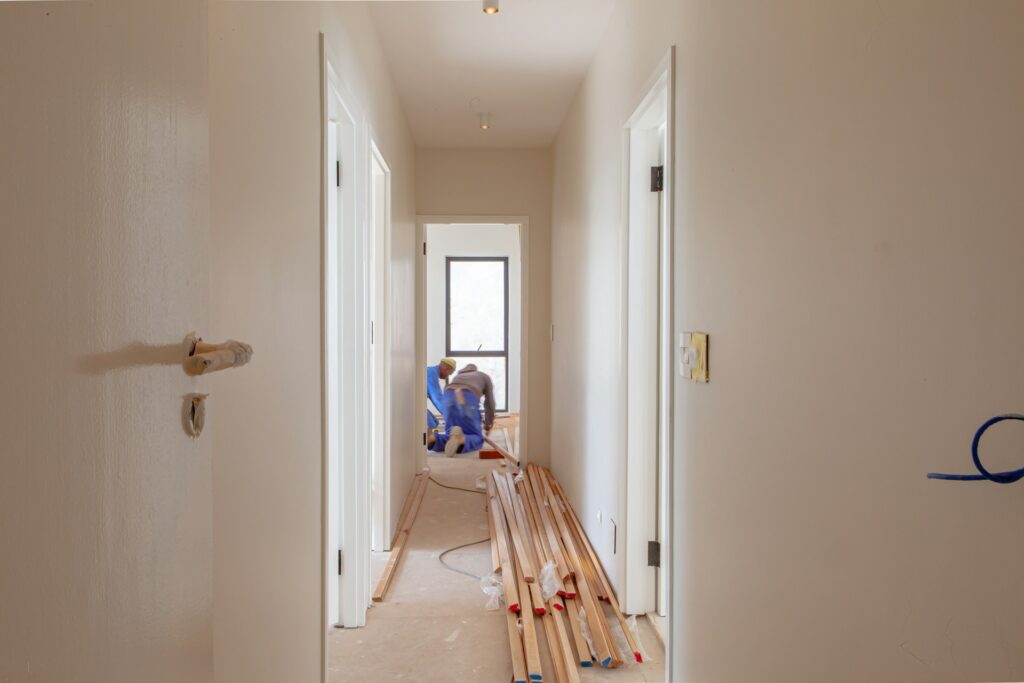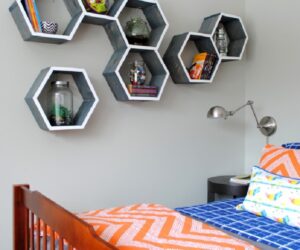Renovating your home is exciting, but the process can easily lead to chaos and damage if your belongings need to be properly managed. You need a solid plan to protect what you own and maintain some sense of order. Here are six tips to keep your belongings safe and organized throughout the renovation process.

1. Use Offsite Storage for Larger Items
If your renovations involve multiple rooms, renting an offsite storage unit is a smart choice. Large furniture, electronics, and fragile items are better off stored away from the work zone. Consider a storage facility in Kapiti Coast to keep your belongings secure and out of the way during renovations. This prevents accidental damage and gives contractors more room to work efficiently without obstacles.
2. Invest in Durable Storage Solutions
Protect your valuables by packing them in durable storage bins with secure lids. Avoid cardboard boxes, as they can easily collapse or allow moisture and dust to seep in. Clearly label each container with its contents and room designation to make unpacking a breeze once the renovations are complete.
- Choose Plastic Bins Over Cardboard Boxes: Plastic bins provide a sturdy and weather-resistant option that keeps your belongings safe from moisture, pests, and dust. They are less likely to tear or collapse, making them ideal for stacking and maximizing storage space.
- Label Each Bin Clearly and Consistently: Use bold, waterproof markers or pre-printed labels to identify the contents of each bin. Include details like the room it belongs to and any fragile items inside.
- Separate Items by Category for Easy Access: Store similar items together, such as kitchenware, office supplies, or clothing, to keep your belongings organized. Avoid mixing unrelated items, as this makes it harder to find specific things when needed.
3. Declutter Before the Renovation Starts
Renovations provide the perfect excuse to declutter. Go through your belongings and decide what you need. Donate, sell, or discard items you no longer use or want. The less you have, the easier it will be to store and protect what remains. Decluttering also ensures you’re not wasting time and energy on items that don’t add value to your life.
4. Create a Temporary Living Zone
Designate one area of your home as a renovation-free zone where you can carry on with your daily life. Store essential belongings you need to access regularly in this area. Use portable shelves, rolling carts, or small cabinets to keep this space organized and functional.
- Choose the Right Location: Pick a spot that’s far from the main renovation area to minimize disruptions from noise, dust, and debris. A spare bedroom, a corner of the basement, or even a section of your garage can work well.
- Organize Essentials by Priority: Think about what items you’ll need daily, such as clothing, toiletries, and basic kitchen supplies. Use clear plastic bins or stackable drawers to categorize and store these items for easy access.
- Set Up Temporary Systems: If your kitchen is under renovation, create a mini food prep station with a microwave, a hot plate, and a small fridge. For bathrooms, keep a shower caddy and quick-access hygiene kits on hand.
5. Protect What Stays Behind
Take steps to safeguard items that must remain in the house. Use dust covers, bubble wrap, or plastic sheeting to shield your belongings from debris. Move furniture to the center of the room and cover it completely. Secure small or delicate items in drawers or closets to prevent accidental damage.
- Invest in High-Quality Covers: Choose thick, tear-resistant materials like canvas or heavy-duty plastic for covering furniture. These offer better protection than thin or disposable covers, especially in high-traffic areas.
- Seal Rooms Not Under Renovation: Use plastic sheeting or temporary barriers to seal off rooms that aren’t being worked on. This prevents dust, paint, or debris from spreading throughout your home.
- Elevate Items Off the Floor: Place furniture or boxes on risers or pallets to protect them from potential water damage if painting or plumbing work is involved. This also makes it easier to clean underneath and prevents scratches or stains from accidental spills.
- Remove Fragile or Valuable Items from Walls: Take down artwork, mirrors, or shelves that could fall or be damaged due to vibrations from construction tools. Wrap these items in bubble wrap and store them in a safe location.
6. Communicate Clearly with Contractors
Discuss your concerns about protecting your belongings with your contractors. Share your plans for storage and organization so they’re aware of boundaries. Contractors may also offer advice on additional protective measures or areas to avoid storing items during the renovation process.

Keeping your belongings safe and organized during renovations requires a proactive approach. Declutter, invest in proper storage, and consider offsite solutions to minimize risk. Setting up a designated living zone and safeguarding what stays behind will keep your home functioning smoothly. Clear communication with contractors ensures everyone is on the same page. With these strategies in place, you can focus on the excitement of transforming your space without unnecessary stress.



